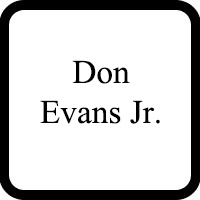 Leland Criminal Lawyers, North Carolina
Leland Criminal Lawyers, North Carolina
Sponsored Lawyers
1-10 of 10 matches
Accident & Injury, Real Estate, Criminal, Motor Vehicle, Estate
Firm has 35 years experience, continuing a family tradition of lawyers stretching back 100 years.
(more)Criminal, Juvenile Law, Accident & Injury, Traffic
Bruce A. Mason grew up in Fairmont, West Virginia. He graduated magna cum laude from West Virginia University in 1986 with a Bachelor of Science degree in business finance. Bruce attended the University of North Carolina at Chapel Hill School of Law and graduated in 1989. After working with the firm of Pennington and Wicks, Bruce founded Mason & Mason in 1993 as a general trial practice specializing in criminal defense with a concentration in personal injury representation. The North Carolina State Bar recognizes him as a board certified specialist in state criminal law. Bruce maintains an “excellent” rating by the national lawyer rating service of Martindale Hubbell. Bruce practices extensively in Federal Court and is a member of the C.J.A. Panel which is comprised of attorneys selected by the Federal Judiciary to represent clients in Federal Court by appointment. Bruce concentrates his practice in the areas of criminal defense , driving while impaired defense , traffic law and personal injury . He also provides representation in school suspension hearing, domestic violence protective action and professional employment defense
(more)





